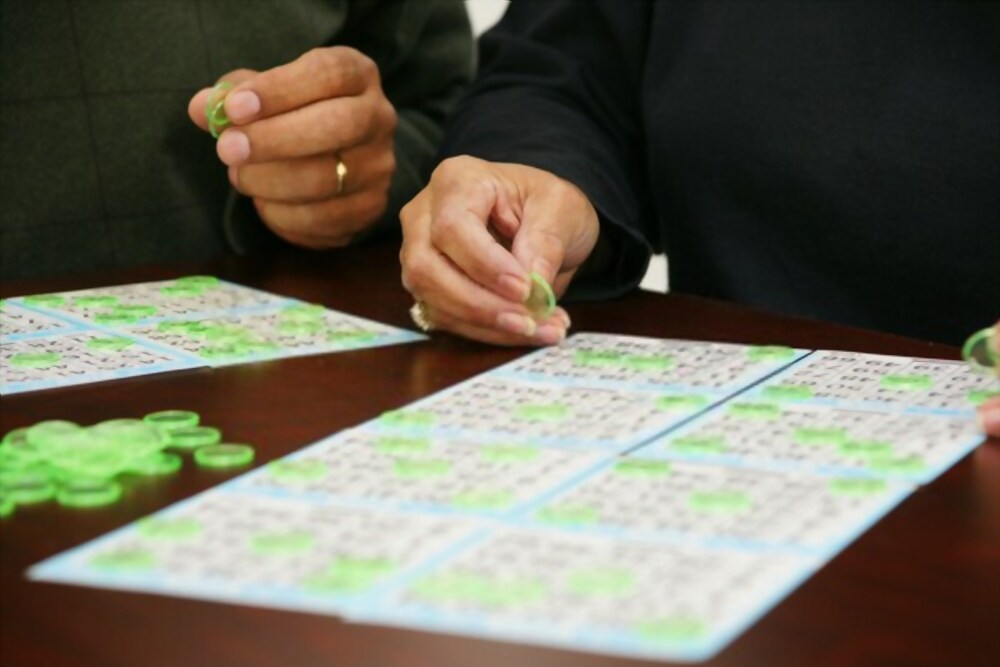History of the Bingo Hall
The bingo hall has long had a special place in the hearts of many a bingo fan; indeed this became almost synonymous to many people’s social life over the decades, especially during the mid to late 20th century. Let’s take a look at how the bingo hall was born and its rise in popularity.

How did the bingo hall start?
While the game of bingo itself can be traced back to Italy around the 17th century, this has evolved considerably and it is believed that it was in America around the 1930s when the game as we know it emerged in popularity.
In the UK, it was a man called Eric Morley who was a senior figure at Mecca around the 1950s who first recognised the potential to really commercialise the game. At the time, Mecca was an entertainment and hospitality company who had a large number of failing dance halls around the country and he identified a way to turn these around.
Realising how popular the game of bingo had been in America, Morley was able to convince bosses that turning these dance halls into venues to offer this game to the public would be a great move. As a result, they combined the hospitality side of the business and offered bingo on various days of the week where people could come to socialise, enjoy refreshments and potentially be in with a chance of winning.
This was particularly popular with the country’s working class, especially women and it soon soared further. The simple nature of the game combined with the element of luck made it very exciting, while it was also quite reasonable in cost to take part and purchase a ticket.
The 1960s in the UK witnessed a particular boom in the social lives of people all around the country which was beginning to show encouraging signs of recovery from the hit that the economy had taken during World War II. As a result, bingo halls played a huge part in helping the country from a financial standpoint.
Mecca, meanwhile, was enjoying a meteoric rise in stature. It’s almost overnight success enabled the company to buy more buildings that it could turn into bingo halls and emblazon with the distinct branding that had started to become instantly recognisable.
Competition comes onto the scene
With the rise of Mecca, other businesses started to cast envious glances in their direction and realised that there was also enough room for them. One of these in particular was Gala, who almost instantly became a fierce competitor and aggressively started buying their own bingo halls.
Having much success throughout the nineties, Gala by now was as much a household name as Mecca and had just as many fans. Indeed in 2000 the company bought Mecca’s business and continued its expansion throughout the decade, despite the demand for online bingo essentially surpassing that of the traditional bingo hall.
Distinguishing features of the bingo hall
One of the reasons why the bingo hall became so popular was because of the buildings that Mecca used as locations. They were often old buildings in the centre of a town that were filled with character both on the outside and inside; often being particularly grand with stone columns, high ceilings and wooden floors.
This helped to create the kind of atmosphere that Morley envisioned; the size of them, coupled with high ceilings, meant that the echoey effect gave the impression that there was more people in them than there actually was, which helped to attract more, while they also, invariably had bars where players could by food and drink.
